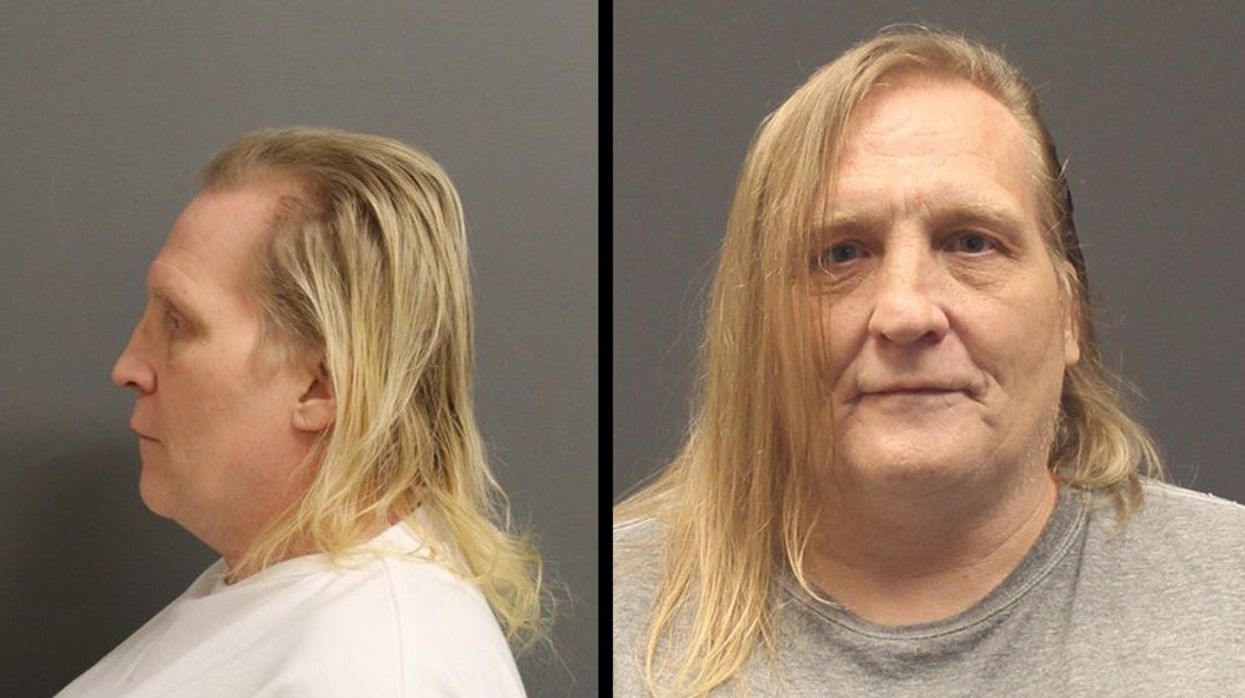
Image source: Minnesota Department of Corrections

The Minnesota Department of Corrections has reached a settlement with a transvestic inmate who sued over his treatment in prison. Craig Lusk, who changed his name to Christina in 2018, will receive nearly $500,000 along with a sex-change surgery. In a controversial first for the state, Lusk will also be transferred to a woman's prison.
Lusk, 57, was arrested in 2018 on drug charges after being caught with large amounts of cocaine and methamphetamine in his possession, which he appeared to have been dealing.
Inside Lusk's bedroom, police found 697 grams of meth, two digital scales, large quantities of baggies, and $5,166 in cash, reported Reduxx.
Lusk, who was previously convicted for first-degree robbery, pleaded guilty to first degree possession of a controlled substance and received a 98-month prison sentence.
According to MPR News, the Minnesota Department of Corrections assigned Lusk to Moose Lake, a men's facility, in 2019.
Lusk filed suit in Ramsey County District Court on June 6, 2022, claiming he was being discriminated against for being "transgender" in violation of both the Minnesota Human Rights Act as well as the Minnesota Constitution.
The suit further claimed the DOC had deferred the convict's sex-change surgery until his release in 2024, "misgendered" Lusk, and compromised his safety by imprisoning him with other men.
Gender Justice, the LGBT activist group that supported his lawsuit, claimed that Lusk was "socially, medically, and legally" female. Prior to his incarceration, Lusk reportedly received breast implants and had been taking hormone replacement therapy, reported the Forum News Service.
Attorney Jess Braverman of Gender Justice said, "She's a woman, and suddenly she's placed in a men's facility. She's in a locked cell with a number of men, and she's really exposed to harassment and violence in that setting."
"Inmates would heckle her, heckle her roommates… call her ‘it,’ that sort of thing. And then there were staff who would say things to her, such as, 'You know, you're a man in a men's prison. I'm not going to treat you like a woman. I'm not going to use your proper name and pronouns," Braverman alleged, according to KMSP-TV.
"Denial of health care, failure to house transgender people in the appropriate facilities, and misgendering transgender people in state custody is dehumanizing and degrading," said Gender Justice at the time the suit was first announced.
The Minnesota DOC has settled with Lusk, agreeing to:
"With this settlement, the Department of Corrections takes an important and necessary step toward fulfilling its responsibilities to the people in its care," Braverman said in a June 1 statement.
Braverman credited Lusk's "willingness to speak out" with the expansion of access of "housing and health care" to other transvestic criminals.
DOC Commissioner Paul Schnell said, "Based on the facts of this specific case, the incarcerated person will now have access to the medical care she needs, she deserves, and we have a legal obligation to provide."
The DOC adopted a new "transgender" policy in January, such that Minnesota is now among 11 states and the District of Columbia that allows criminals to be housed with members of the opposite sex in the event that it comports with their alleged "gender identity."
The policy states that an "incarcerated person who makes a request under this policy may, at any time, choose to identify in an alternate gender identity. The department must then proceed with responding to the request."
"A transfer request to a facility matching an incarcerated person's gender identity should be approved" unless such placement "would pose a heightened risk of physical or sexual harm to the person or to others housed in the facility."
Lusk is scheduled for release in May 2024.
Like Blaze News? Bypass the censors, sign up for our newsletters, and get stories like this direct to your inbox. Sign up here!